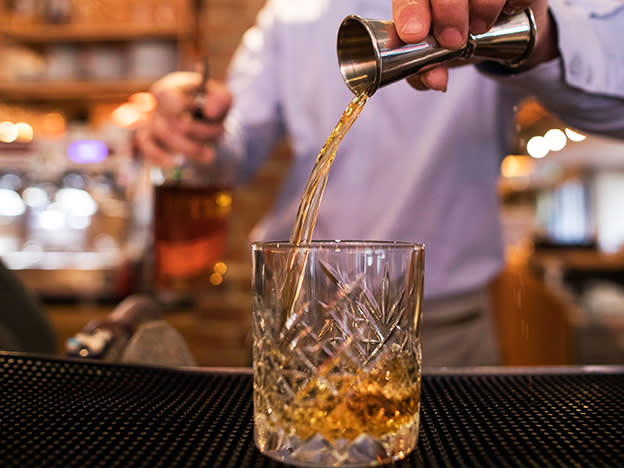Artisanal Spirits (ART) made its debut in June 2021 with high hopes, riding on the wave of two major market trends. The first trend was the growing popularity of subscription-based business models, which suited Artisanal well as the sole owner of The Scotch Malt Whisky Society (SMWS), a members-only club for single malt enthusiasts. The second trend was the market’s willingness to invest in loss-making businesses, as Artisanal had been incurring net losses despite its long-standing presence in the industry.
Investors were drawn to Artisanal’s plans for growth, including the relaunch of JG Thomson, a heritage whisky blender, and the expansion of the SMWS model in the US. The company had also invested heavily in its whisky cask inventories, which had grown significantly in the years leading up to its IPO. With ample funding available, Artisanal raised £26 million through its stock offering, valuing the business at £78 million.
However, as time passed, the market dynamics shifted, and Artisanal faced challenges in converting new customers into regular spenders. Despite increasing membership figures, sales growth did not keep pace with the continued investment in stock, leading to ongoing losses. The company’s high level of debt, coupled with a decline in spending among its high-value members, added to its financial struggles.
To address its financial situation, Artisanal explored the possibility of selling a portion of its whisky cask inventory, which was valued at £102 million by independent experts. While a stock liquidation could potentially generate significant cash returns, it would also disrupt the company’s business model and brand equity. The company’s high level of gearing and reliance on debt financing highlighted the divergence between debt and equity investors regarding its underlying value.
Despite the tempting option of liquidating inventory to alleviate debt, Artisanal remained focused on its long-term strategy of converting casks into bottled whisky for sale to its members. The company’s notional retail value of its cask inventory had significantly increased since its IPO, reflecting the potential for future value creation through bottling and retailing operations.
In conclusion, Artisanal Spirits faces challenges in balancing its financial obligations with its growth aspirations. The company’s unique position in the whisky industry, with a substantial inventory of aging spirits, presents opportunities for future profitability. However, navigating the complexities of converting casks into marketable products while managing debt and investor expectations will be crucial for its long-term success.

